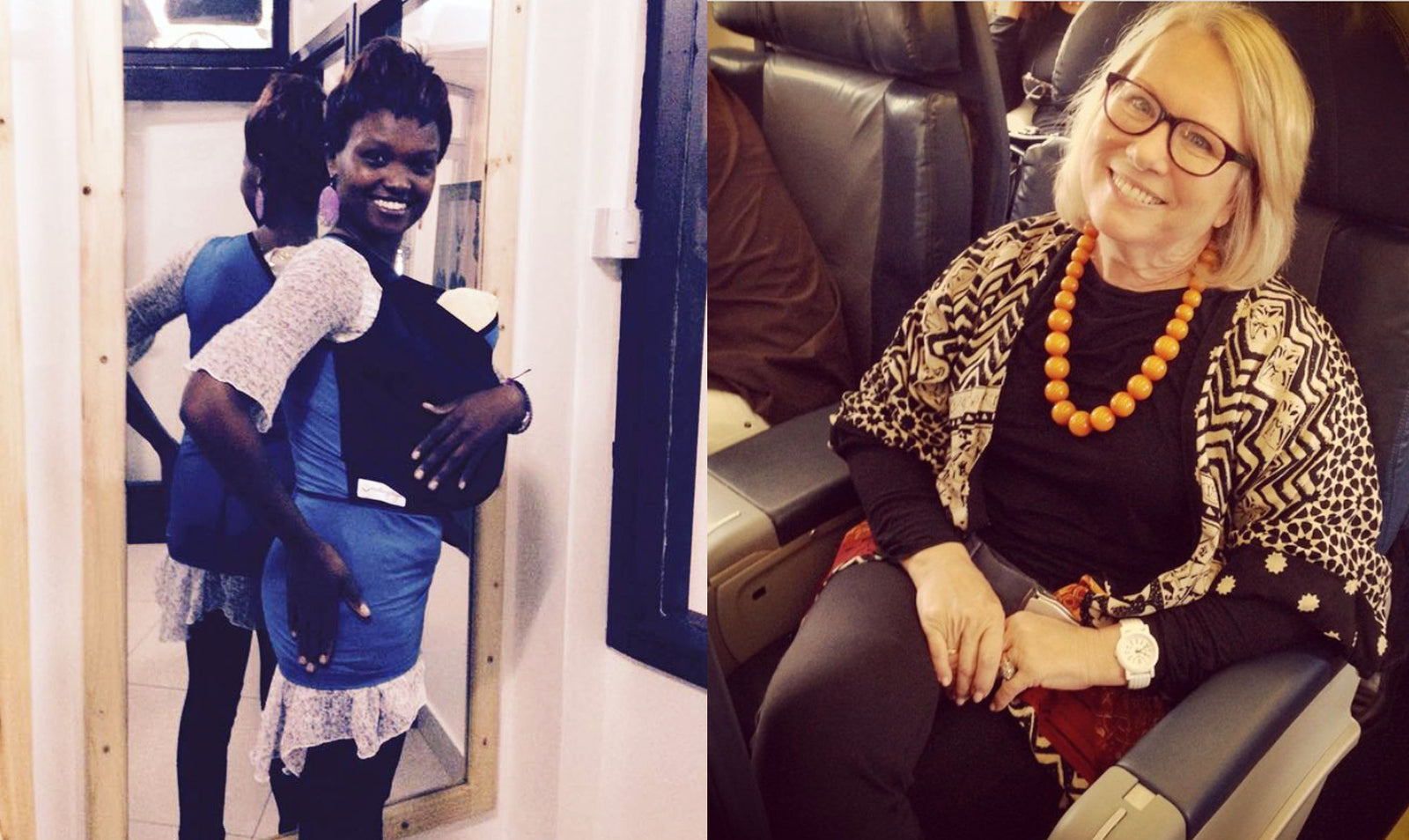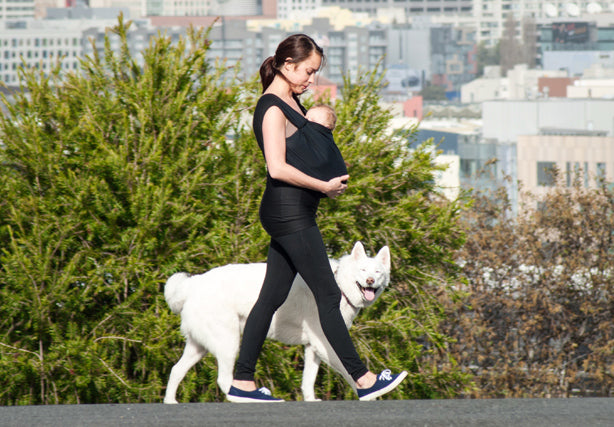You’ve probably heard about the proverbial “baby blues”, and its more serious sister, postpartum depression, both of which can leave you and your body feeling all kinds of bad after you give birth. Let’s start with something really important: If you feel this way consistently, you’re not just having a “bad day”, and more to the point, it’s nothing to be ashamed of! Postpartum mood swings are very common, due to the intense changes in hormones that new moms experience.
1 in 4 women experience some sort of maternity blues after childbirth, and a good 1 million of those women will develop the more intense symptoms of postpartum depression (PPD), many of whom go undiagnosed or don’t seek help. A 2016 report by the U.S. Preventive Services Taskforce made a new recommendation calling for all pregnant and postpartum women to receive screening using the Edinburgh Postnatal Depression Scale. If you are experiencing any of the symptoms related to postpartum depression (symptoms outlined below), telling someone you trust what you are experiencing is a great first step. While there are plenty of ways to get help and on the road to recovery, we’re here to tell you about one of our favorite therapeutic approaches; skin-to-skin contact.
As PPD becomes better understood, a variety of treatments have become available, but there’s one tool that is available from the get-go to all mothers: Skin-to-skin contact. Also known as “kangaroo care,” skin-to-skin contact is a great way to combat PPD symptoms in mothers in the days and weeks following birth. When a mother holds her baby skin-to-skin on her chest for extended periods of time, the hormone oxytocin is released, resulting in feelings of happiness, calmness, and security for both mother and child. As a bonus, less of the stress hormone cortisol is released. And these short term benefits of skin-to-skin contact can help you in the long run, too. A rejuvenated mom can focus on and engage with her baby, which improves baby’s sociocognitive functions in ways that will aid in its development throughout its early life and potentially beyond.
Reaping the benefits of skin-to-skin contact to help relieve symptoms of PPD may usually mean a lot of baby-holding and tired arms for momma—but it doesn’t have to. Instead, wearing your baby on your chest with a carrier—known as “babywearing”— allows you to keep your little one close without sacrificing your comfort and mobility. A hands-free newborn carrier such as Nesting Days gives you the freedom to tackle your to-do list or go out and about while maintaining that all-important skin-to-skin contact. Returning to a normal rhythm of life is important to recovery, and, paired with other treatment options, skin-to-skin contact can help naturally beat back the symptoms of PPD and will help make sure your baby gets the attention it needs for healthy development.
Below is a list of resources to help you better understand PPD and find where to get help:
An overview of postpartum depression symptoms
Postpartum Support International
Help from the Health Resources and Services Administration
Sources:
Feature, Heather HatfieldWebMD. "Facing Depression During Pregnancy."WebMD. WebMD, n.d. Web. 05 Feb. 2016.
http://www.kqed.org/a/forum/R201602010900
"National Task Force Promotes Screening for Depression Among Pregnant Women," Forum, NPR KQED, San Francisco Mon, Feb 1, 2016 -- 9:00 AM, Radio
Belluck, Pam. "Panel Calls for Depression Screenings During and After Pregnancy." The New York Times. The New York Times, 26 Jan. 2016. Web. 05 Feb. 2016.
Depression During Pregnancy: Signs, Symptoms and Treatment. (2012). Retrieved February 05, 2016, from http://americanpregnancy.org/pregnancy-health/depression-during-pregnancy/
Bigelow, Ann, Michelle Power, and Janis Macllelan-Peters. "Effect of Mother/Infant Skin-to-Skin Contact on Postpartum Depressive Symptoms and Maternal Physiological Stress." Journal of Obstetric, Gynecologic, & Neonatal Nursing (n.d.): n. pag. 26 Apr. 2012. Web. 5 Feb. 2016.

Julie Arvan
Chief Mother Officer - Nesting Days







Leave a comment (all fields required)